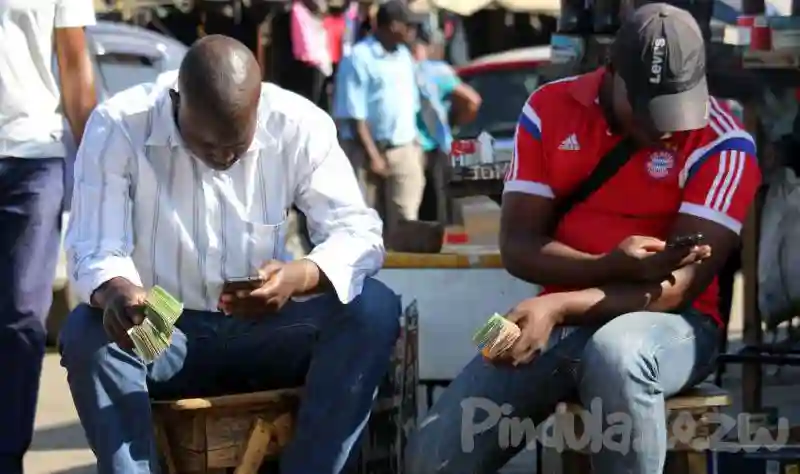The senior payment systems analyst of the Reserve Bank of Zimbabwe (RBZ), Howard Tundu, has stated that the central bank is not responsible for the increasing black-market exchange rate in the country, which is occurring alongside rising inflation. Currently, the Zimbabwe dollar is trading at around $3,800 to the US dollar on the parallel market.
Speaking at an event hosted by the Postal and Telecommunications Regulatory Authority of Zimbabwe (POTRAZ), Tundu argued that the RBZ could not control what people chose to do when trading outside of the official rates, as they have their own rates that they use for payments. He said that the RBZ was only concerned about the Zimbabwe dollar. Tundu said:
As RBZ we cannot control what people do outside the official rates where they have their rates which they use for payments. We are only concerned about the Zimbabwe dollar.
However, Africa Economic Development Strategies executive director, Gift Mugano, suggested in an interview with NewsDay that the RBZ was avoiding facing the reality of the situation. Mugano explained that the current pricing regime in the market was determined by the black-market pricing, which is influenced by policy discord within the government. Mugano argued that the RBZ should be concerned about the black-market rate, as it is a sign of accepting defeat to ignore it. He is quoted as saying:
The pricing regime in the market now is determined by the black-market pricing and the same black market is influenced by policy discord within the government.
The fact that the central bank controls the exchange rate on the auction system has been one of the drivers of distortions. You can’t say you are only concerned about the official rate. They should be concerned about the black-market rate. This is a sign of accepting defeat.
The Consumer Council of Zimbabwe (CCZ) Mashonaland consumer protection officer, Tapiwa Lloyd Mombeshora, added that consumers had the right to demand fair value for goods and services. He noted that while the RBZ is responsible for giving licenses for fair digital financial services, if consumers do not receive fair value, they have the right to question the RBZ.
The black-market exchange rate can cause significant economic impacts when it exceeds the official rate, indicating distrust in the government’s economic management. Zimbabwe’s rising black-market rate is due to factors such as foreign currency scarcity, inflation, and policy discord. It leads to businesses and individuals relying on the black market, worsening the official rate. This can make imports expensive, hurt businesses reliant on imports, increase borrowing costs, and deter foreign investment.

